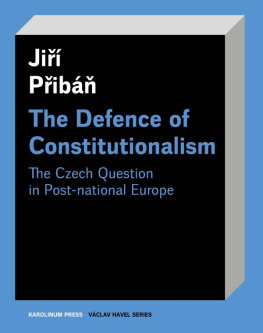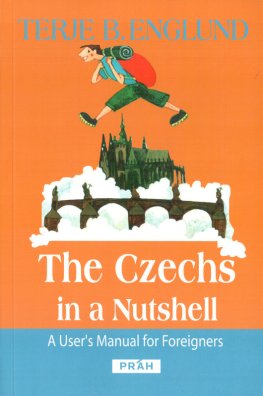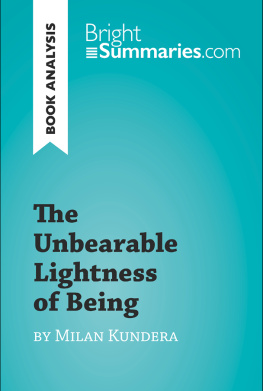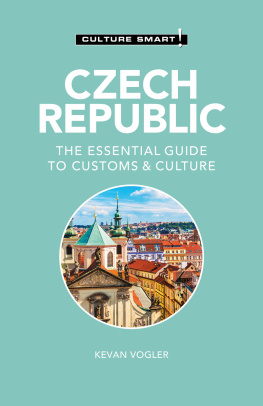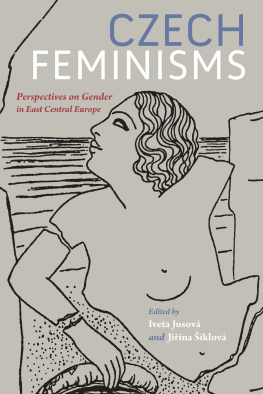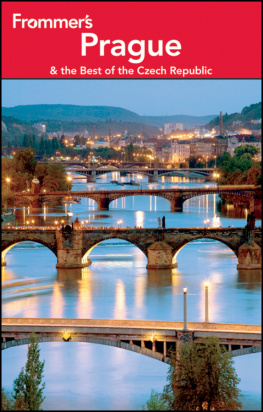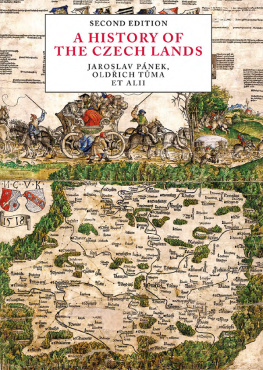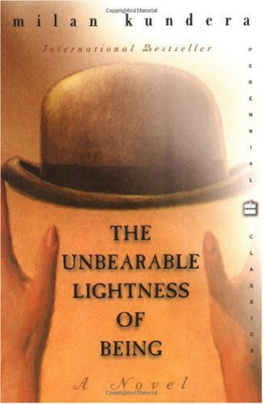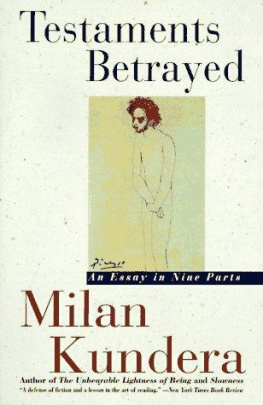In Quest of History
On Czech Statehood and Identity
Ji Pib & Karel Hvdala
Published by Charles University, Karolinum Press
Translation by Stuart Hoskins
Cover and layout by /3. dlna/
Typeset and printed by Karolinum Press, Czech Republic
First English edition
Originally published in Czech as Hledn djin. O esk sttnosti a identit,
Prague: Karolinum Press, 2018.
Reviewed by Pavel Kol (European University Institute, Fiesole)
Jan Kuklk (Charles University, Prague)
Karolinum Press, 2019
Karel Hvdala, Ji Pib 2019
Translation Stuart Hoskins, 2019
ISBN 978-80-246-4290-1 (epub)
ISBN 978-80-246-4289-5 (mobi)
ISBN 978-80-246-4288-8 (pdf)
ISBN 978-80-246-4267-3 (print)
Let us then seek as those who would find, and find as those who would seek.
ST AUGUSTINE OF HIPPO
The purpose of history as a science is to enrich and expand human consciousness.
ZDENK KALISTA
PREFACE
That we are experiencing a cultural watershed is growing into a refrain for our times. Globalisation has assimilated individual national societies into a single world society that we all share. There is no escape from this society; it has become our destiny. We share hopes and fears, technological advances that are groundbreaking and unprecedented in human history, and the classic political, economic and ecological crises that have been dogging us since the dawn of history.
In this global society, modern nations and their states are rapidly and radically evolving, yet remain, in the minds of those who belong to them, an imaginary community where moral ideals and political goals are pursued and attained. For some, the nation state is a tool of globalisation; others see it as a last-chance emergency brake before we crash into globalisations calamitous fallout.
People are clamouring against the march of global civilisation, but are forced to react to it both within and outside their national cultures because it cannot be pushed aside or sidestepped. We can also see this in the emerging generations protests and political engagement: unlike the older generation of rapidly globalising professional classes, they believe that global risks are just as serious as the local defence of democracy in their own country. Similar threads run throughout our civilisation: in France and Germany there are the Greens, in the Czech Republic the Pirates and A Million Moments for Democracy, in Hong Kong the student movement, and so on.
Central Europe is a place whose modern history has spawned more cultural watersheds than its inhabitants have been able to cope with by civilised means. The history of the Czech nation and its statehood is no exception. Historians and politicians, idealists and realists, democrats and their enemies all seek to understand these watersheds. Everyone is on a quest for history, even if their minds are set on the present and future. This is also true of our dialogue between a legal philosopher living in Cardiff and a probing journalist from Prague.
While the internet has foisted this idea on todays globalised humanity that speed and concise communication are paramount, we have headed in the opposite direction in this book: we try to amplify the context both territorially and temporally. In our republics centenary year, we concentrated on key points in our history, ranging from the 9th to the 21st century. This allowed us to peer into the past and ask ourselves how we perceived and understood our history at different times, why this was so, and what it means for our present and future.
In certain respects, this is a quest to stop history from being reduced to a screen on which we project our frustrations. We were keen to return to the public arena those issues that tend to be contained within the walls of academia or that we generally steer clear of.
We extend our gratitude to Pavel Kol, a comparative historian from the European University Institute in Florence, and Jan Kuklk, a legal historian and the dean of the Faculty of Law at Charles University in Prague, for their valuable advice and comments on the manuscript.
We would like to thank Petr Valo, the director of the Karolinum Press, and his deputies Martin Janeek and Milan usta for giving us the impetus to write this book.
KH and JP, 2018
History and National Identity
Karel Hvdala: Czechoslovakia was proclaimed an independent state on 28 October 1918, yet in the century since there have been only two periods when it was truly master of its own fate: from the time it came into being until 1938, and then post 1989. At the end of 1992, it split into two separate states. If we are serious about discussing the history of Czech statehood and Czech identity, we should perhaps start by taking a look at the first historically documented beginnings of the Bohemian medieval state, which would take us back to the 9th century and the baptism of Duke Boivoj. I firmly believe that our current gripes and grumbles are rooted far in the past. Can this be attributed to historical events and facts per se, or rather to how they have been interpreted in the accounts we call history?
Ji Pib: National identity, its historical origins, and the political autonomy of each of these themes would make for a work spanning numerous volumes. And each of those volumes could stir up untold heated debates. Nationalism, for instance, can be defined quite simply as an ideology that demands the reconciliation of ethnic and political boundaries and legitimises power via the principle of popular sovereignty, in which the rulers and the rest of society together shape their integral national unity. Note, though, how many political and cultural ideals and disputes hide behind this definition and how this definition has been manifested in the history of various nations. History, including national history, then primarily becomes a matter of storytelling about the past. Through those narratives and stories, we pass on everything that we consider important in our history and that we believe gives it meaning. I am fond of the puristically conceived word djepis [loosely event-writing] that we use in Czech to translate historia, the Greek term that originally meant a general capacity to become cognisant, through a narrative, of what has been learned. Histor generally designated a learned or wise man. The Czech djepis mirrors that original inner dynamic, where the historians task is to write down past events and the expectation is that this very description, in itself, is an event and hence forms part of the history from which we should learn and enlighten ourselves. Consequently, unlike Latins neutralised


